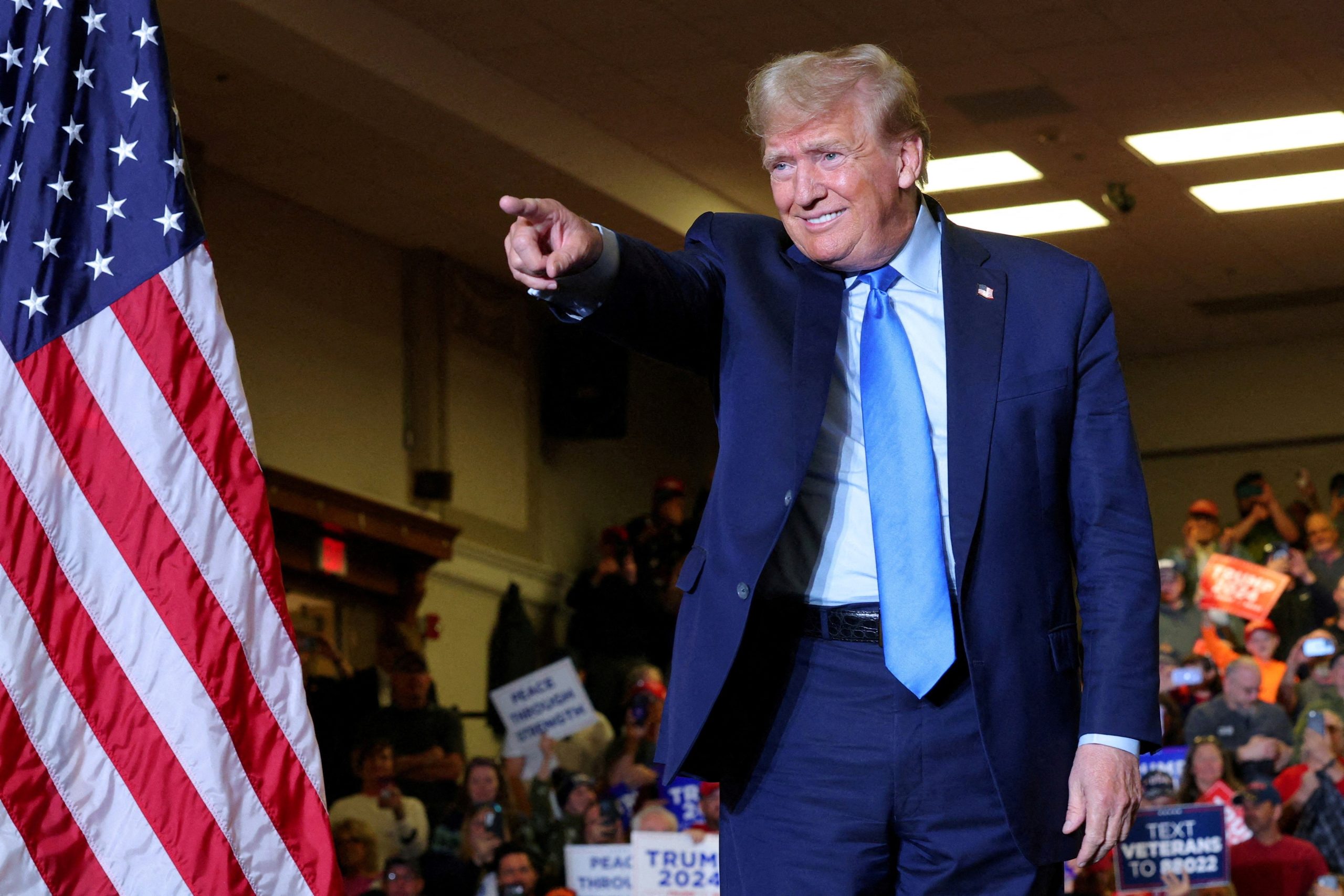The trajectory of the U.S. economy is confounding Donald Trump and his allies, challenging the talking points they had relied on for a return to the White House.
A string of positive economic news disrupts the Trump campaign’s initial strategy to depict President Joe Biden as an economic disaster. With 353,000 new jobs added in January, the 36th consecutive month of job gains under Biden, and record highs in the stock market, the administration’s economic record is strengthening.
The sustained positive economic indicators mark a notable turnaround for Biden, who faced challenges due to price spikes that impacted voters’ sentiments and his approval ratings.

Despite consistently receiving low marks on handling the economy, recent improvements indicate a potential electoral asset for Biden.
The prospect of a recession has diminished, making it challenging for Trump and his allies to present a grim economic narrative to voters.
Even close allies of Trump concede that it’s becoming difficult to persuade voters of a bleak economic scenario. The robust job growth and increasing wages, outpacing inflation for the past nine months, weaken the argument against Biden’s economic policies.
In response, Trump has employed various counterarguments to downplay Biden’s role in the economic upswing, including claiming credit for stock market gains. However, these counterarguments have been met with skepticism, even from within the Republican ranks.
Economist Stephen Moore, affiliated with the Trump campaign, acknowledges the diminishing persuasiveness of the argument against Biden if positive economic trends persist.
Trump’s assertion that the stock market gains are due to his anticipated victory has been met with skepticism from economists and Republicans alike.
Former Trump White House economic adviser Larry Kudlow, initially supportive of the idea that Trump deserves credit for current stock gains, has since walked back that claim.
Acknowledging the economic improvements, some Republicans caution against relying on arguments centered on future occurrences, emphasizing that it may not be the most effective strategy.
Despite the positive economic news, Biden’s officials recognize the challenges in selling his agenda to a skeptical public, particularly as concerns about the overall trajectory persist.
While Trump continues to highlight rising prices and specific cost-of-living issues to exploit economic frustrations, there is recognition that the gap between the two candidates is narrowing primarily due to the booming economy.
Despite the optimism about individual financial situations, Biden’s economic messaging remains a potential vulnerability, requiring a strategic effort to address the economic frustrations of voters.


